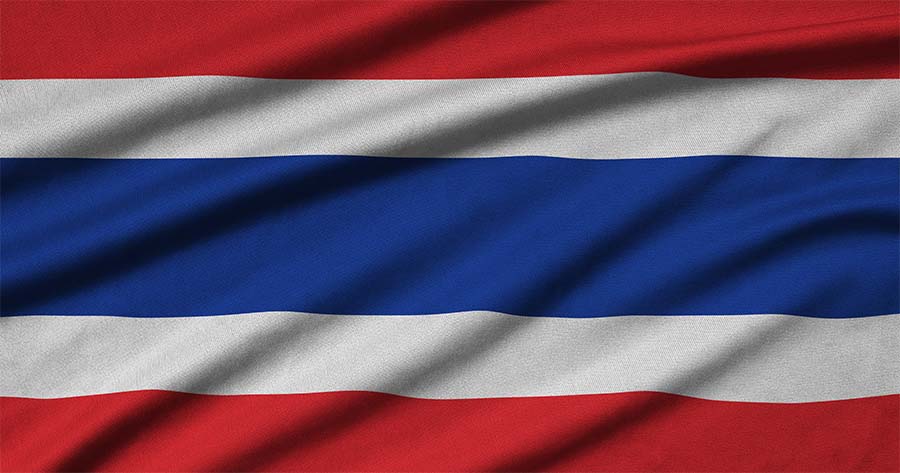In September, Thai consumer confidence saw a seventh consecutive decline, reaching its lowest level in 17 months as per a survey, primarily attributed to concerns surrounding sluggish economic growth and recent floods in certain regions of the country. The University of the Thai Chamber of Commerce reported a drop in the consumer index to 55.3 in September from 56.5 the previous month.
The survey highlighted that confidence was adversely impacted by the floods and elevated living expenses, notwithstanding government aid provided to vulnerable segments of the population. University president Thanavath Phonvichai mentioned at a press briefing that the floods had generated a psychological impact, overshadowing the positive sentiments associated with the government’s financial relief initiatives.
In a bid to boost economic activity, the government initiated the first phase of its flagship $14 billion stimulus scheme last month. The scheme aims to disburse 10,000 baht (approximately $390) to an estimated 45 million individuals over six months, with support targeted towards welfare cardholders and individuals with disabilities in the initial phase.
Scheduled for implementation in the last quarter of the year, the scheme represents a pivotal component of the government’s strategy to jumpstart the second-largest economy in Southeast Asia, which expanded by 2.3% in the second quarter of 2024. The central bank has forecasted a 2.6% growth rate for the current year, following a 1.9% expansion in the previous year that lagged behind regional counterparts.





